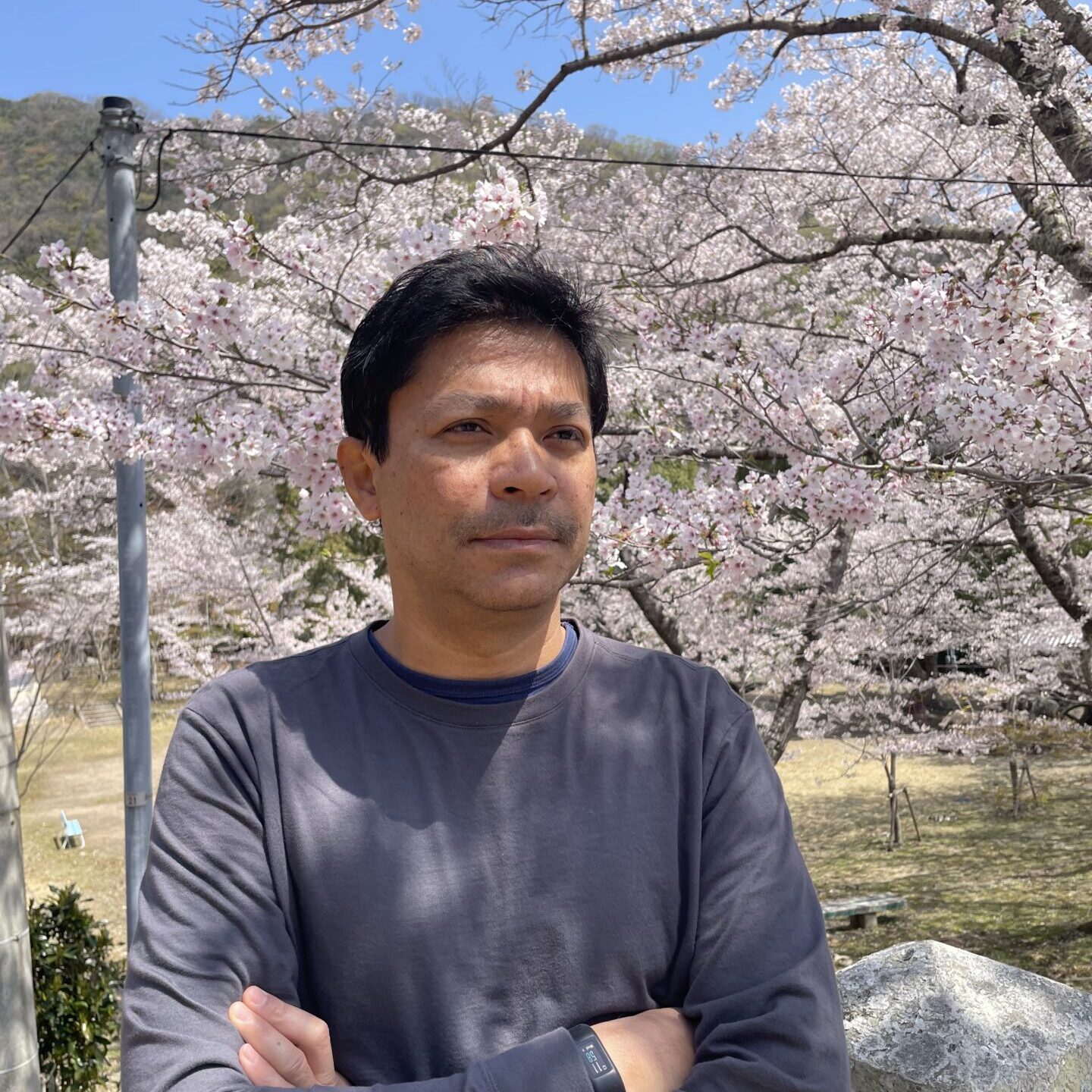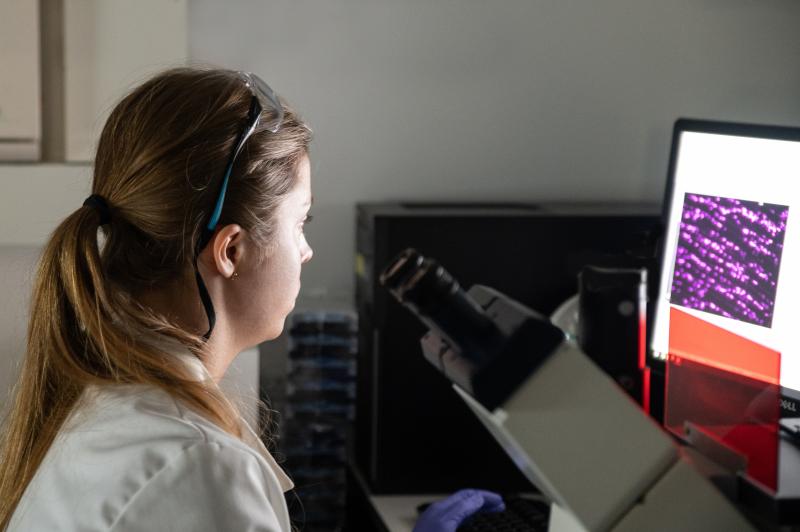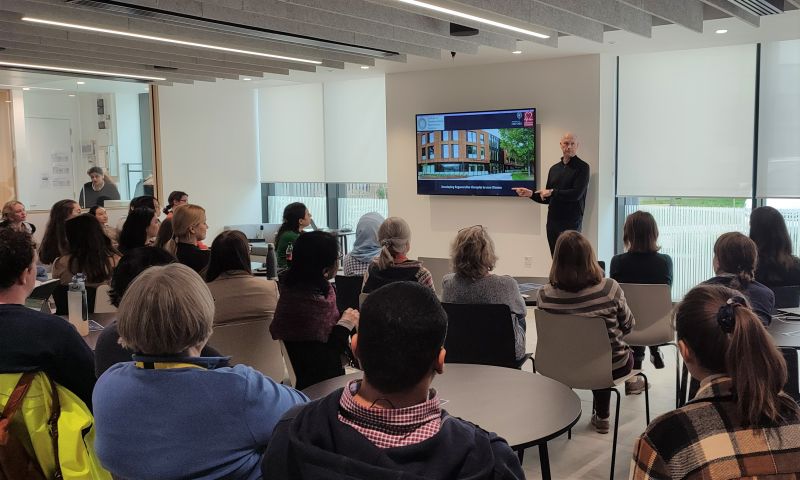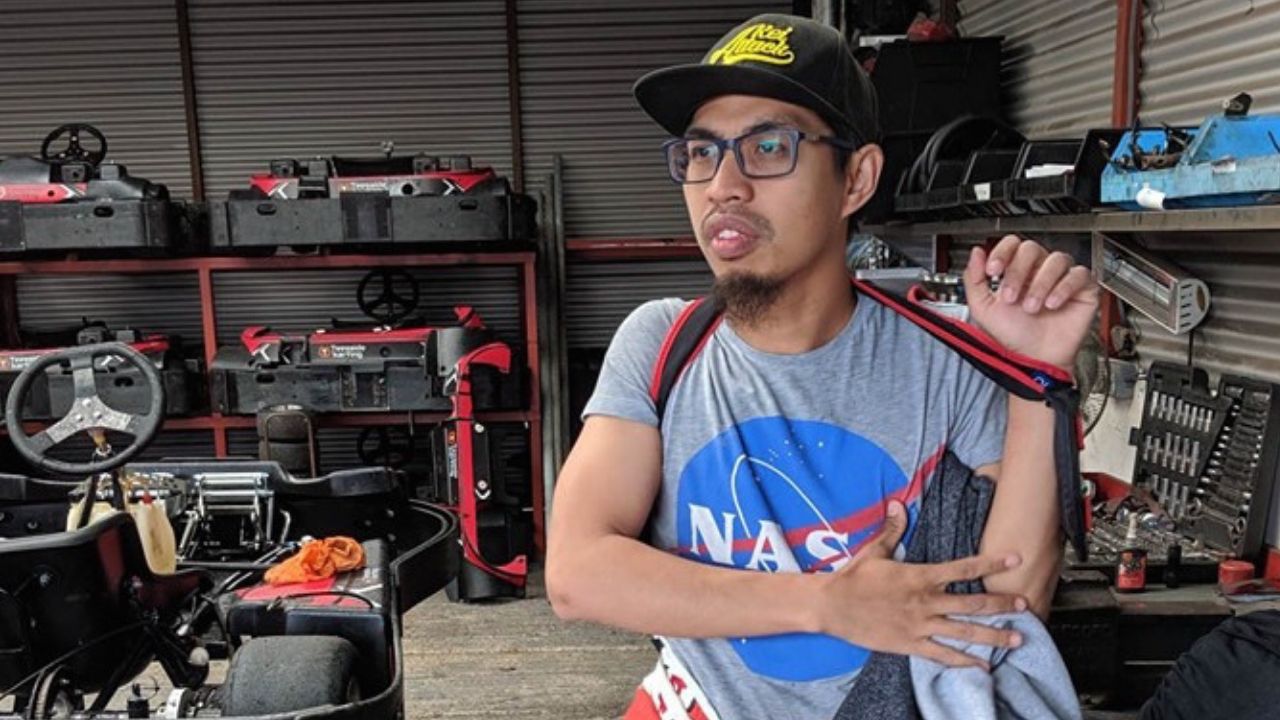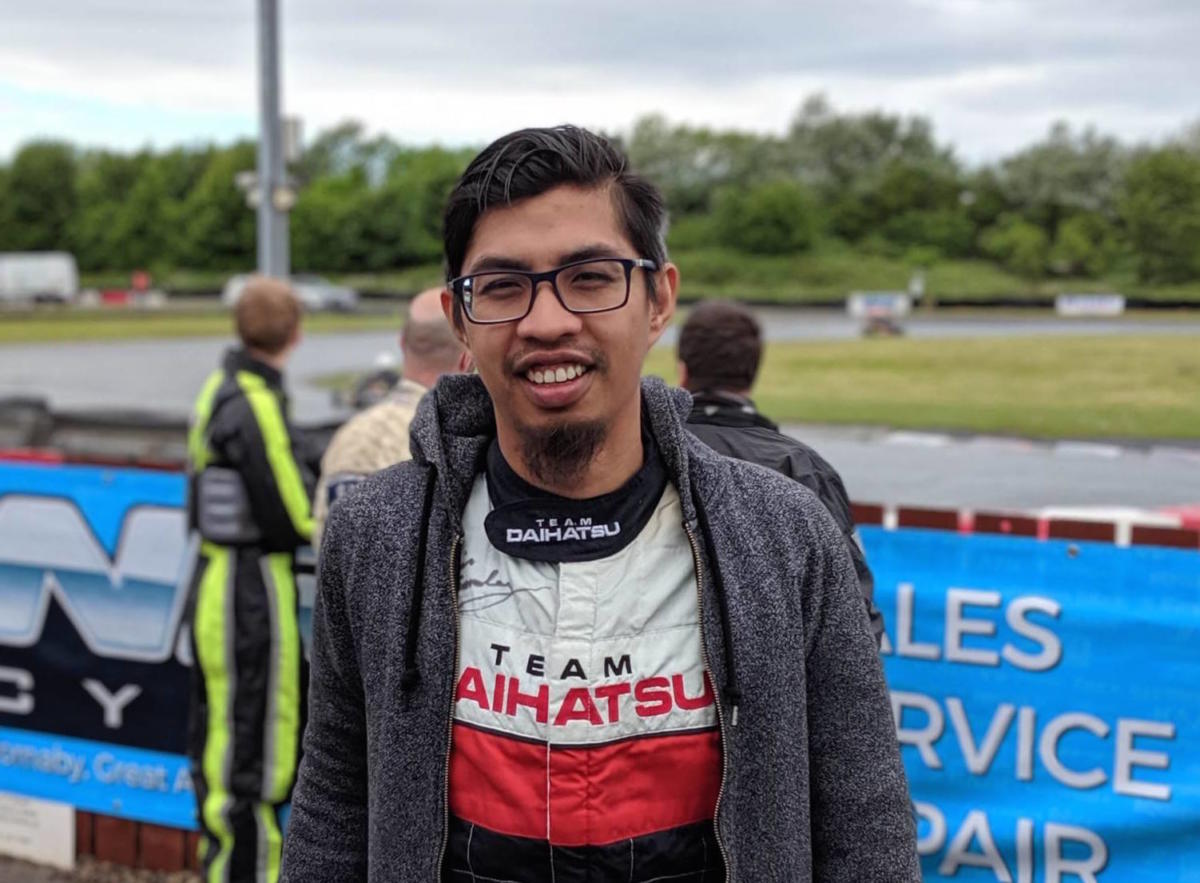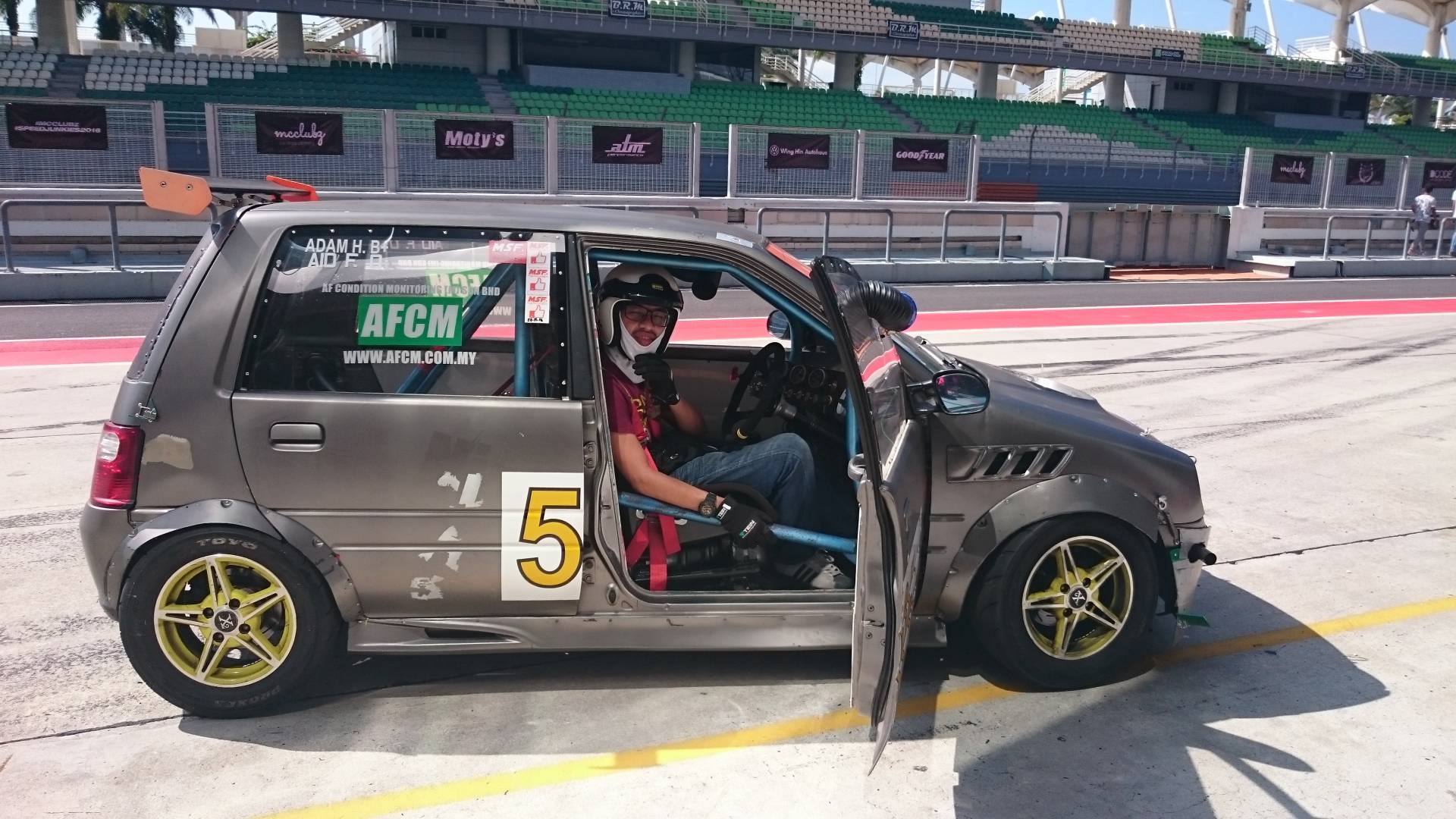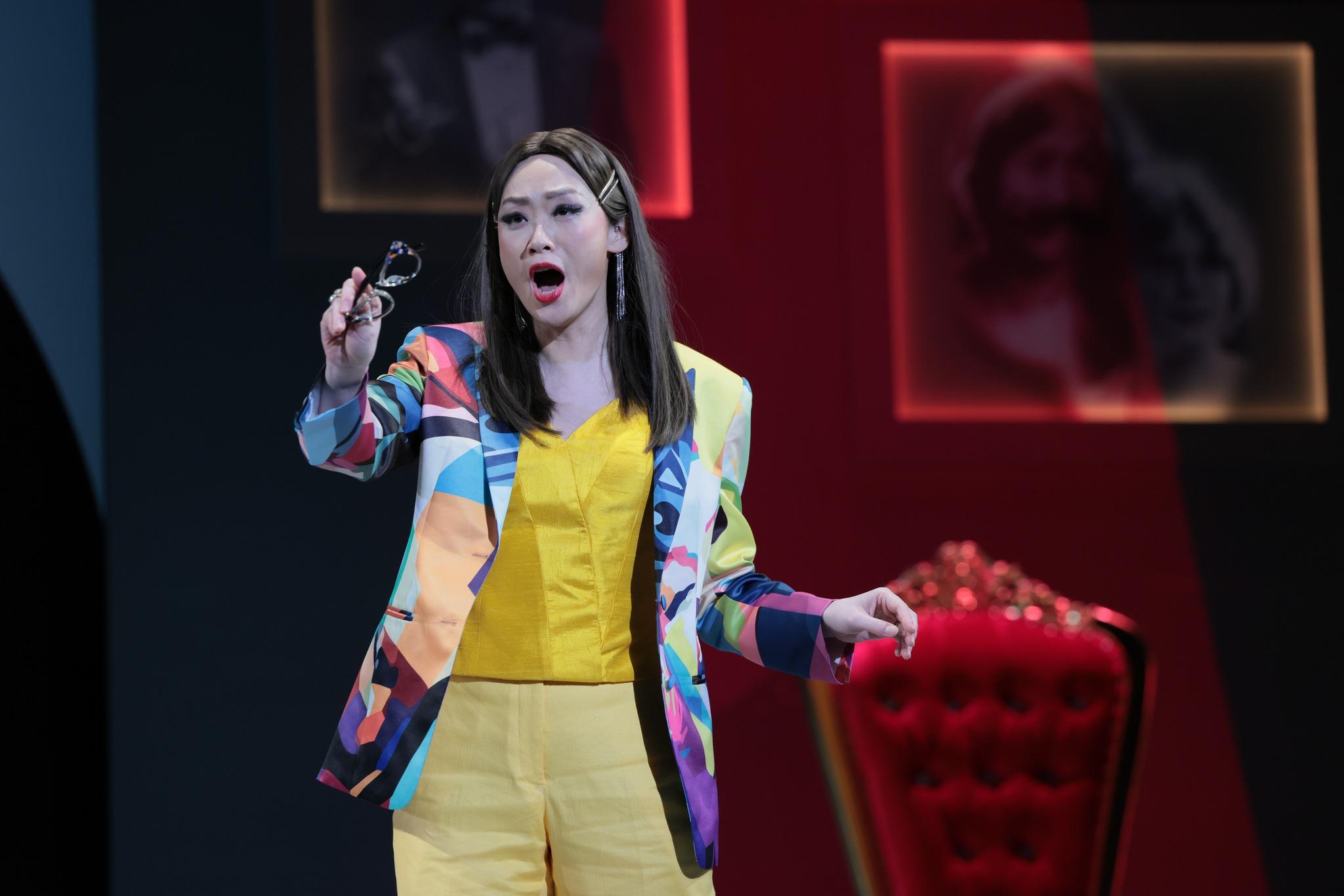When Dr. Mohd Saberi enrolled in a Computer Science bachelor’s degree at Universiti Teknologi Malaysia (UTM) in 1998, he had yet to discover his true passion. “I was struggling to find something about computer science that I was interested in,” he recalled. “After four years, I still couldn’t find my passion for it.”
That changed after a chance conversation with a professor. “He just talked to me for five to 10 minutes,” Dr. Saberi said, “and from there I really became interested in AI (artificial intelligence) and Data Science. I realised AI was really what I wanted to learn about.”
This pivotal decision launched a career that now spans across Malaysia, Japan, the United Arab Emirates (UAE) and Australia—where Dr. Saberi is currently based. Today, he serves as Director of the Institute for Data Innovation and Artificial Intelligence (IDEA-AI) in Melbourne, a platform he founded to provide AI and data science education and training for all age groups. He also holds adjunct professorships at Multimedia University (Malaysia), United Arab Emirates University (UAE) and Brawijaya University (Indonesia).
A Purpose-Driven Academic Journey
After earning both his bachelor’s (2002) and master’s (2005) degree in Computer Science at UTM, Dr. Saberi went on to pursue a Doctor of Engineering at Osaka Prefecture University in Japan. He completed the programme in a record-breaking 2.5 years and graduated in 2010 with 29 publications that included journal articles, conference papers and book chapters.
His PhD journey was fuelled by a deep commitment to making a meaningful impact. “Getting a PhD is usually the final chapter in one’s educational journey,” he said. “So, it got me thinking, what will happen to me after I graduate? What should I contribute? If my training in PhD is not that outstanding, how can I make significant contributions to society and my community?”
Though eligible to graduate early, Dr. Saberi opted to stay and develop his research further. From there, he poured the knowledge he gained into his publications. “Writing them actually gives you skills that are unavailable in common education programmes,” he shared. “It helps you develop soft skills that are hard to get from academic study.”
Bridging AI, Medicine & Education Across Borders
After a decade of teaching and holding leadership roles at UTM and Universiti Malaysia Kelantan (UMK) where he headed the Artificial Intelligence & Bioinformatics Research Group and led collaborations with institutions in Japan, Spain and Malaysia, Dr. Saberi took his expertise abroad.
At that time, AI was still a fledgling industry in Malaysia. In hopes of expanding his expertise and contribute to the development of AI in Malaysia, he joined United Arab Emirates University as a professor, where he established the Health Data Science Lab to advance healthcare through AI, big data, blockchain and Internet of Things (IoT). Notably, he led the development of the UAE’s first secure, local genomic database in collaboration with Johns Hopkins University—a project completed in just six months with minimal resources, a testament to resourceful collaboration.
Building on these experiences, Dr. Saberi founded IDEA-AI in Melbourne in 2024. IDEA-AI is an institute dedicated to inclusive AI education, consultancy and solutions for businesses and institutions. With a vision to expand across ASEAN, IDEA-AI combines Dr. Saberi’s academic expertise and entrepreneurial drive to make AI accessible to learners and professionals from all backgrounds.
Finding Ways to Further His Homeland’s Future
Despite being based abroad, Dr. Saberi maintains a strong presence in Malaysia’s academic landscape. He currently serves as an adjunct professor at Multimedia University (MMU), where he contributes through research, publications, keynote talks and advisory work on complex academic issues.
In July last year, Dr. Saberi was invited to deliver a keynote presentation titled “Health Data Science for School of Medicine & Health Science” at the Digital Futures International Congress 2024 (DIFCON 2024) at MMU, which was themed “Intelligence for Sustainable Futures: A Journey Towards Society 5.0”.
Apart from this, he has actively collaborated with several Malaysian institutions on research and publications. This includes joint research projects and co-authoring scholarly works with UTM and UMK, and academic publications in partnership with MMU, Universiti Malaysia Pahang Al-Sultan Abdullah (UMPSA), Universiti Malaysia Sabah (UMS) and Universiti Tunku Abdul Rahman (UTAR).
“Working with these institutions was highly rewarding as each one brings unique strengths, talented researchers and a strong commitment to advancing knowledge and innovation. Our joint projects have fostered productive exchanges of ideas and encouraged interdisciplinary approaches,” said Dr. Saberi of his experiences.
One of his most impactful collaborations was facilitated by MyHeart, and is none other than the UTM IoT Innovation Hackathon, an initiative supported by the Ministry of Finance, private sector partners and TalentCorp. MyHeart played a key role in bridging this connection, enabling Dr. Saberi to serve as a professional advisor, judge and trainer, as well as contributing a specially curated module to promote grassroots awareness in robotics and technology.
The programme aims to instil innovation and hands-on STEM learning among primary (Years 5–6) and secondary (Forms 1–4) students using Conceive – Design – Implement – Operate (CDIO) and design thinking methodologies. Key highlights include:
- 100 shortlisted teams (1 teacher and 3 students per team) attending a 2-day workshop at UTM
- 40 top teams receiving Raspberry Pi kits with AI modules to further develop their projects
On 4 June, Dr. Saberi and Dr. Fauzan, the Head of Research at UTM’s Faculty of Electric Engineering, had the pleasure of meeting YB Steven Sim Chee Keong, Minister of Human Resources (KESUMA) virtually to discuss the ongoing collaboration. Since its launch on 2 June, the programme has already attracted over 100 participants. YB Sim expressed strong support for the initiative, emphasising the importance of continued collaboration with Malaysian diasporas like Dr. Saberi to harness their expertise for the benefit of local talent.
Advice on How to Master AI
With AI now integrated into our daily life—from TikTok filters to ChatGPT—Dr. Saberi believes that understanding how it works is more important than ever. “AI is not only for mathematicians and data scientists, it’s for all fields. When you understand how it works, you can optimise it for your life and work.”
For Malaysians looking to make AI a part of their skillset, his advice is practical: “Upskilling is a must,” he stressed. “Take courses that teach the fundamentals of AI and machine learning. One shortcut is to ask people around you who already apply AI in their daily lives.”
Whether you’re in marketing, healthcare, finance or education, Dr. Saberi believes AI can enhance any field—if approached with an open mind. “Start by looking at your current role, and think about how to integrate AI into it,” he said. “Those who adopt and adapt to AI the quickest are the ones who will be at the forefront of their fields.”
Malaysians who want to stay relevant in the age of AI and digitalisation may also leverage on MyMahir, an initiative by TalentCorp under KESUMA. MyMahir was developed after a comprehensive Impact Study on AI, Digital, and Green Economy on the Malaysian Workforce, which assessed the effects of these transformative forces on Malaysia’s workforce. The study identified the impacts on job creation, vulnerable sectors and the skills needed to transition effectively to new economic opportunities.
The MyMahir platform is one of the key outcomes, and allows users to identify at-risk roles, explore opportunities for upskilling and reskilling and discover potential new career paths, making it a valuable resource for Malaysians both abroad and at home who want to future-proof their careers.
Are you a Malaysian abroad hoping to bring your expertise in AI, education or innovation back home? Sign up with MyHeart to connect with a global network of Malaysians working to build a smarter and more progressive future.


